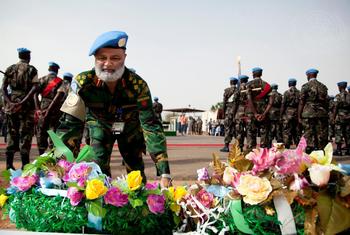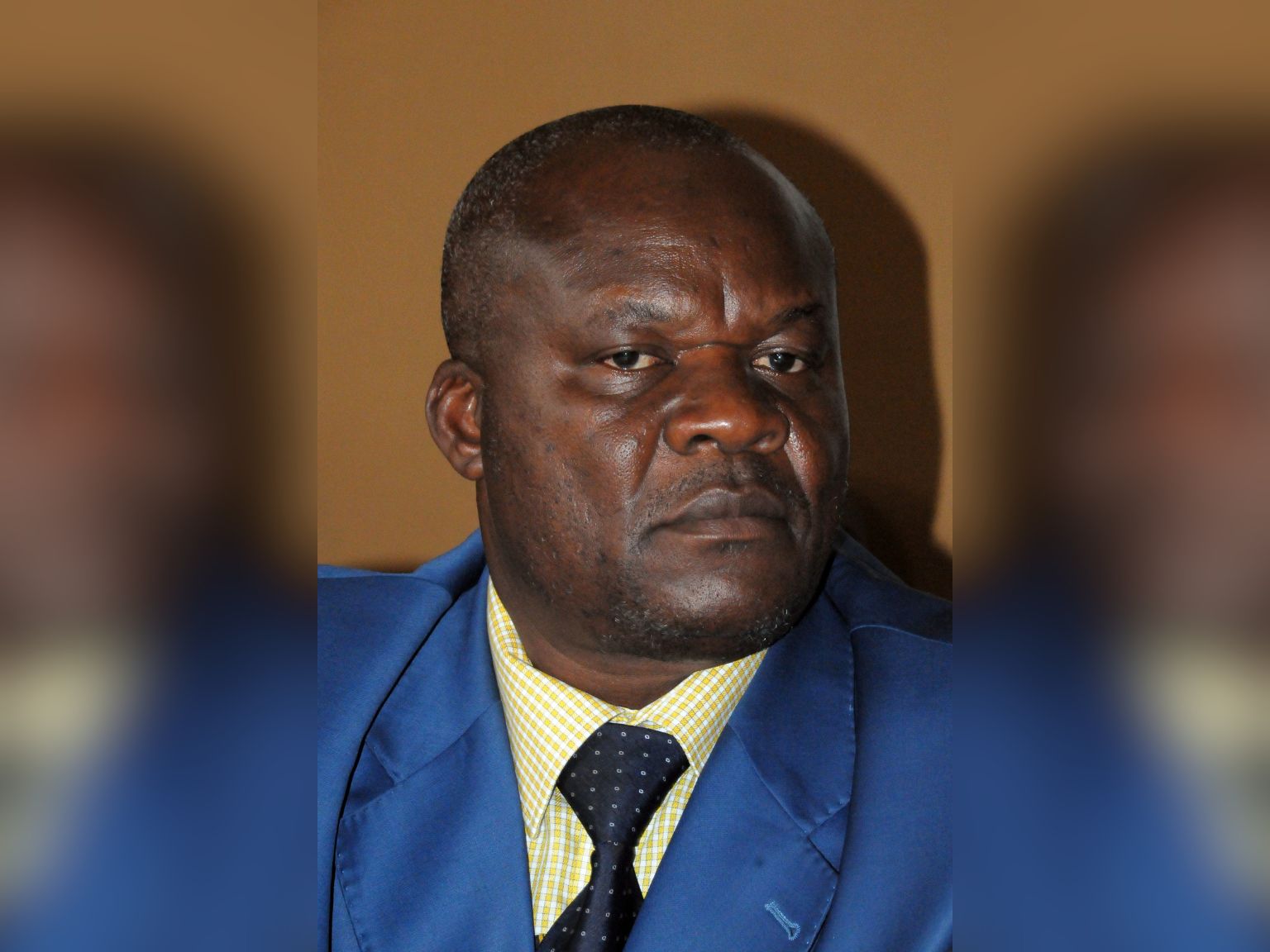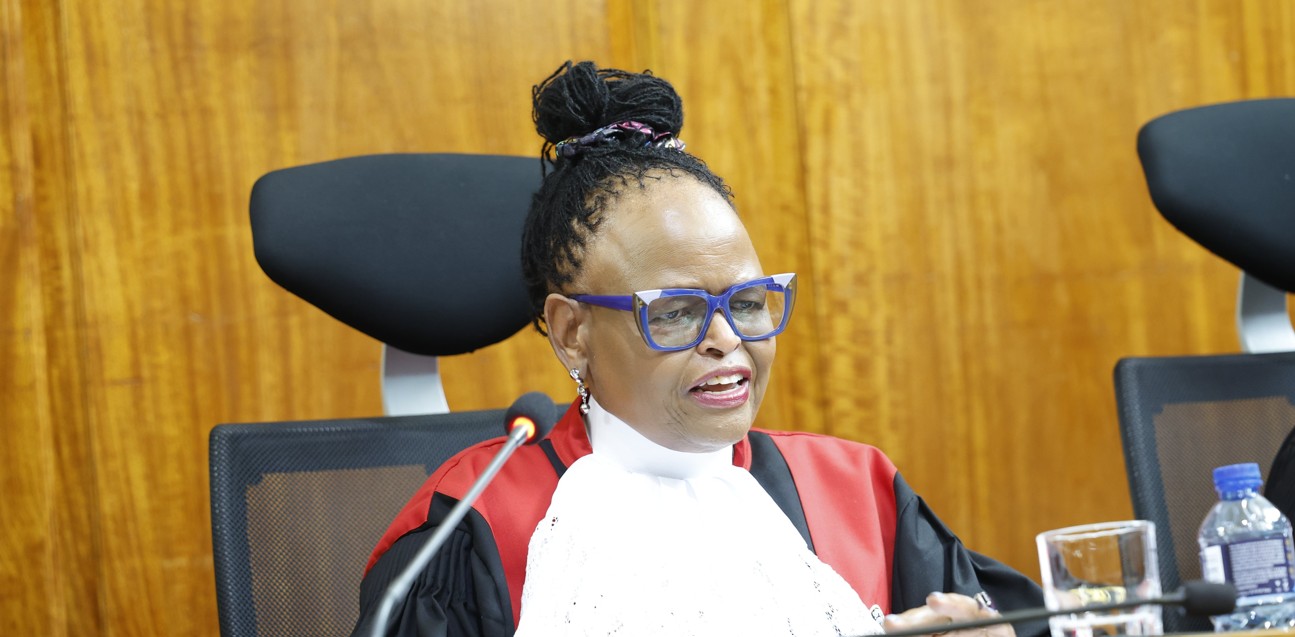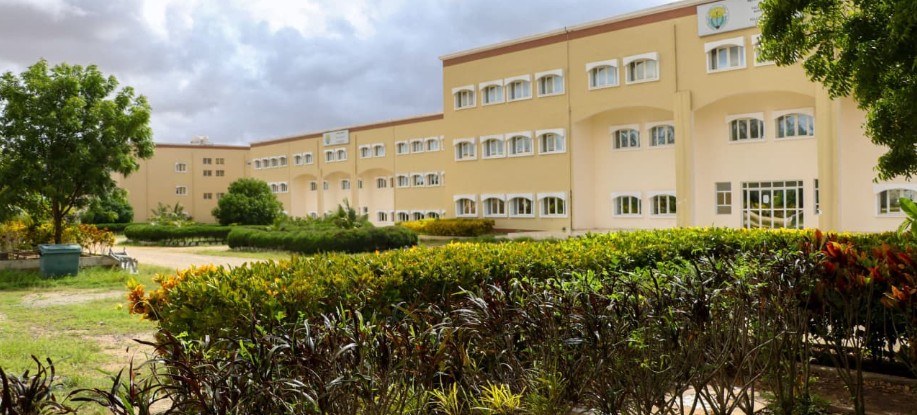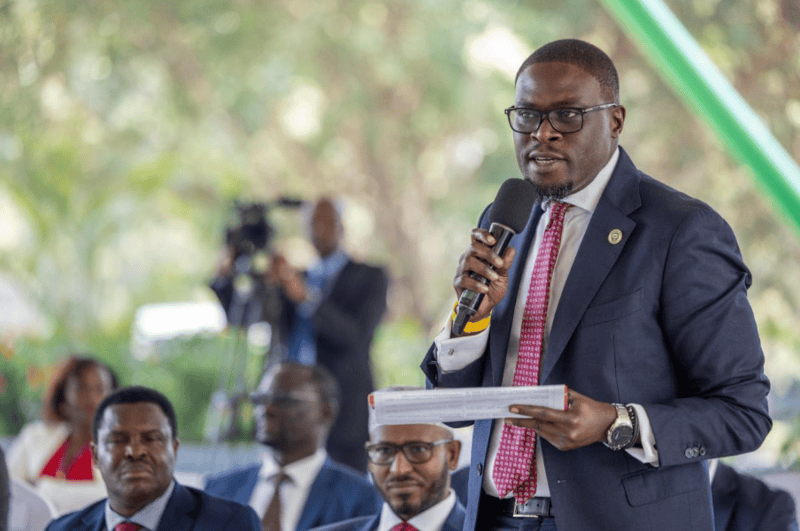CBE transition at risk as specialized teacher gaps widen
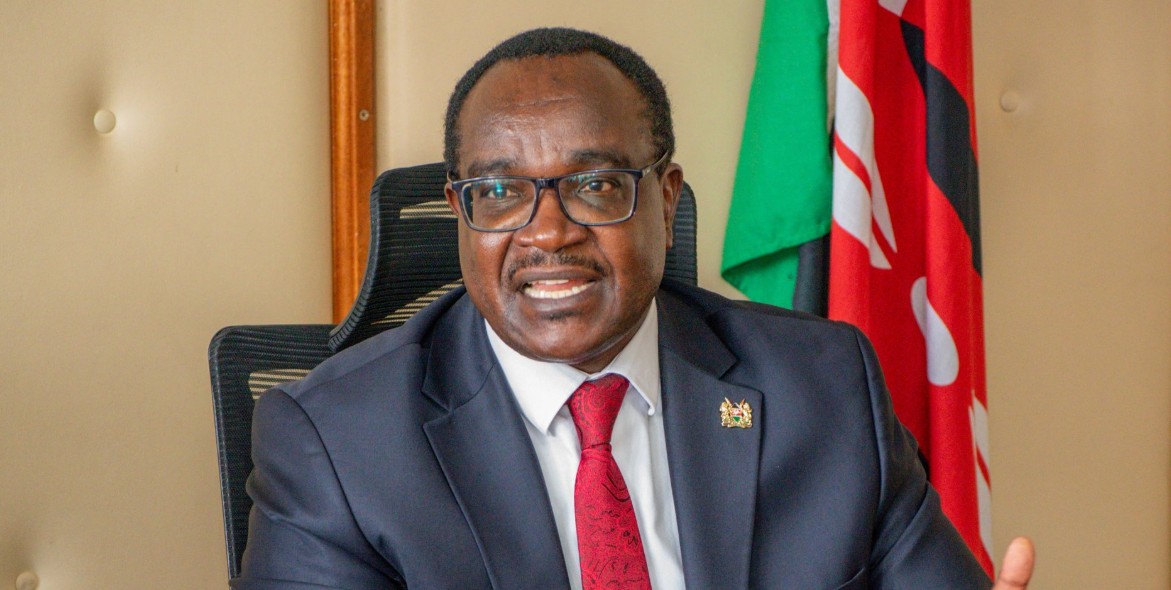
Education Cabinet Secretary Julius Ogamba said the total number of teachers needed across basic education institutions is 137,500, despite large-scale recruitment efforts over the past three years.
As Kenya prepares to transition the first group of Competency-Based Education (CBE) learners to senior school in January, the government has revealed persistent gaps in teaching staff for several specialised subjects.
Officials warn that these shortages could affect the quality of learning for students entering critical stages of their education.
More To Read
- How Grade 10 learners will be placed in senior schools using eight-point assessment system
- Government raises primary school capitation by 58 per cent to Sh2,238 per learner
- TSC announces recruitment of 9,159 teachers nationwide
- Over 30,000 teachers set for senior school curriculum training ahead of 2026 transition
- 2025 KCSE concludes smoothly as government reports sharp decline in exam cheating cases
- Education Ministry pledges early capitation release for smooth start to new term
Speaking during an education conference held in Mombasa, Education Cabinet Secretary Julius Ogamba highlighted that subjects including pre-technical studies, vocational courses, science, technology, engineering and mathematics (STEM), social studies, home science, art and craft, and music face the most serious staffing shortfalls.
He said the total number of teachers needed across basic education institutions is 137,500, despite large-scale recruitment efforts over the past three years.
“The shortage is acute in specialised subjects such as social studies, integrated science, pre-technical studies and various vocational and STEM fields. This underscores the urgent need for expanded and targeted teacher training programmes, especially at the diploma and degree levels, to address these gaps and support Kenya’s curriculum reforms,” Ogamba stated.
Data from the Teachers Service Commission (TSC) shows that junior schools are missing 72,422 teachers, while senior schools lack 65,070.
The commission manages a workforce of 431,831 teachers on payroll, yet another 369,430 registered educators are not employed, contributing to the shortfall.
Although enrolment in teacher training colleges is increasing, the gap between supply and demand persists. Public diploma colleges have the capacity to train around 49,000 students for primary and secondary teaching.
Universities have also expanded their education programmes, enrolling over 183,000 students in bachelor’s degrees, mostly in arts (57.1 per cent) and sciences (29.3 per cent).
Postgraduate enrolment remains low, signalling the need to improve opportunities for advanced education and specialisation to fill crucial teaching positions.
Top Stories Today
